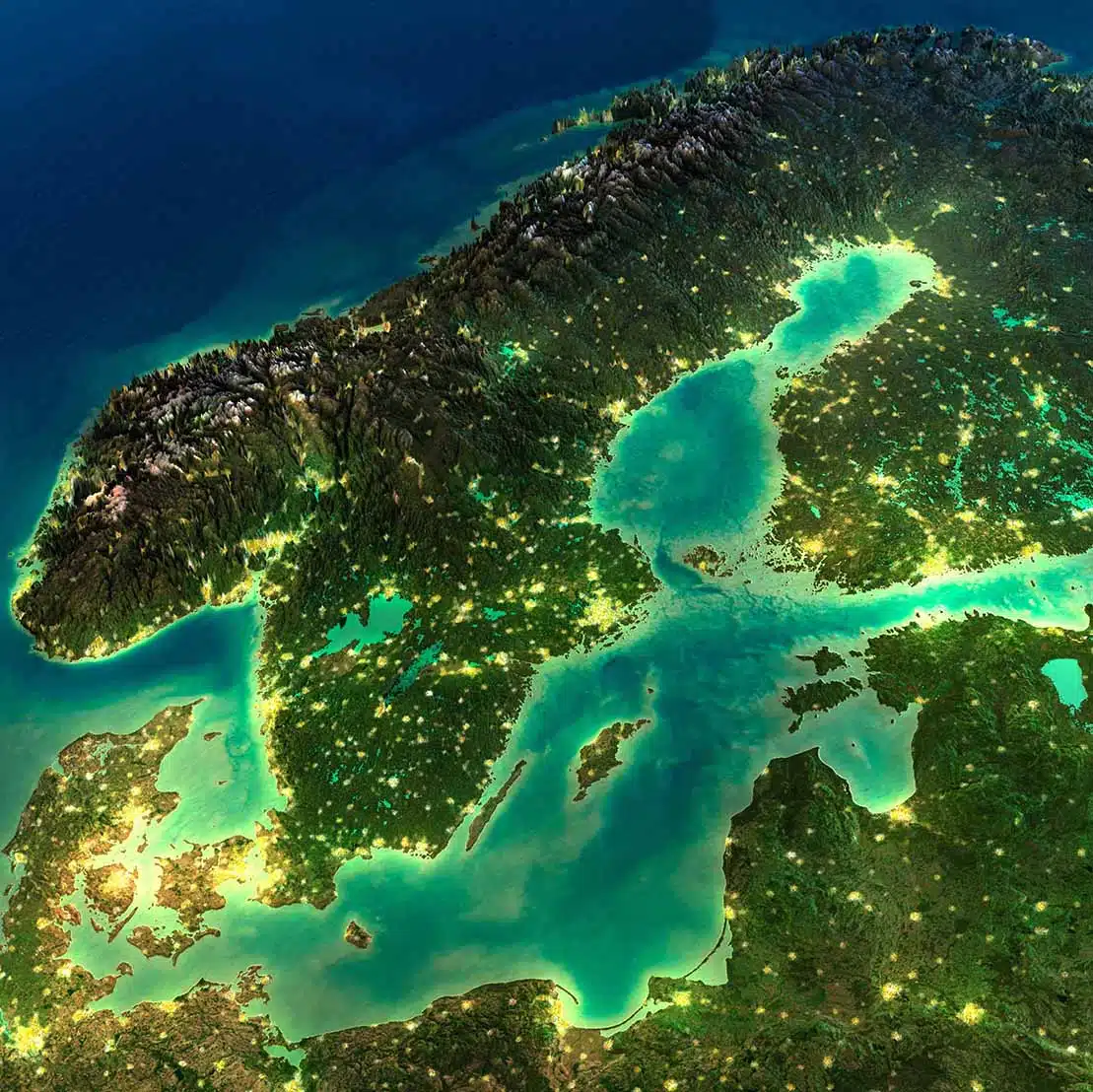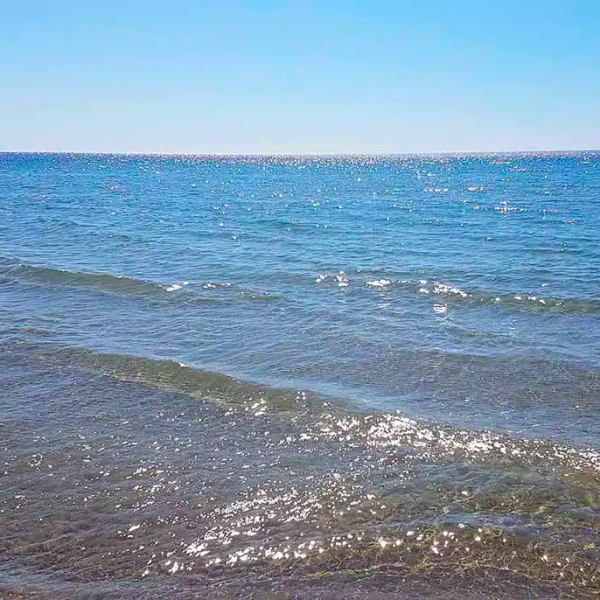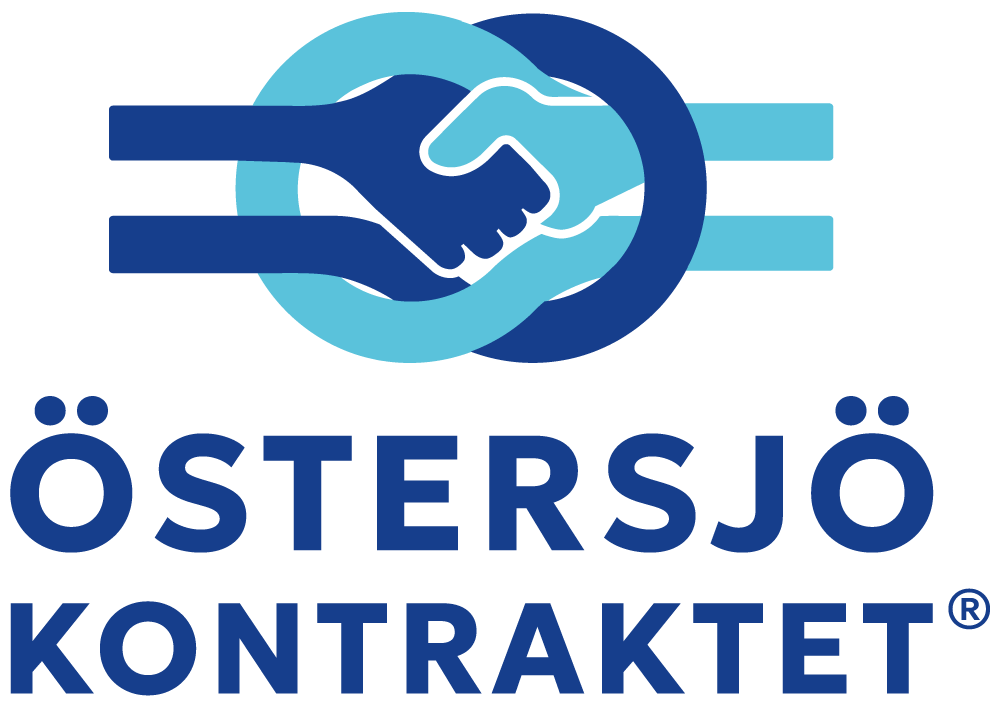This year’s process around fishing quotas in the Baltic Sea has now started. As noted in a number of articles in the media, there is a broad consensus among scientists on the need to reduce fishing quotas to secure herring stocks. At the same time, the commissioned calculation indicates increased quotas. This is a clear sign that the current system is not working and needs to be changed. While waiting for that change, we think that responsible politicians should make decisions based on caution, i.e. stop large-scale industrial fishing for a while.
ICES new fishing forecasts – sharp quota reduction required to meet agreed risk level
The fishing quotas for the Gulf of Bothnia look like they need to be reduced by 62 percent to meet the EU’s highest acceptable risk level for fish stocks. This is according to assessments and forecasts of stock trends and maximum sustainable catches presented by scientists at the International Council for the Exploration of the Sea (ICES) on Wednesday, May 28.
Read more at the Baltic Sea Center
The Baltic Sea Contract Foundation works actively to contribute to the development of the Baltic Sea environment towards a healthier sea. The work is done by many people around the Baltic Sea pledging to treat the sea well, which eventually has an impact. When many of us take responsibility, we have the opportunity to influence different actors and decision-makers to take major and important decisions and actions to create radical improvement in the key issues: Eutrophication-Large-scale Industrial Fishing-Toxins and chemicals.
We have increased activity on Facebook, Instagram and Linked In. Follow us and help us help the Baltic Sea by spreading our joint work and our contract.
In these channels, we publish news about the Baltic Sea, while also promoting important issues such as ending industrial overfishing.








